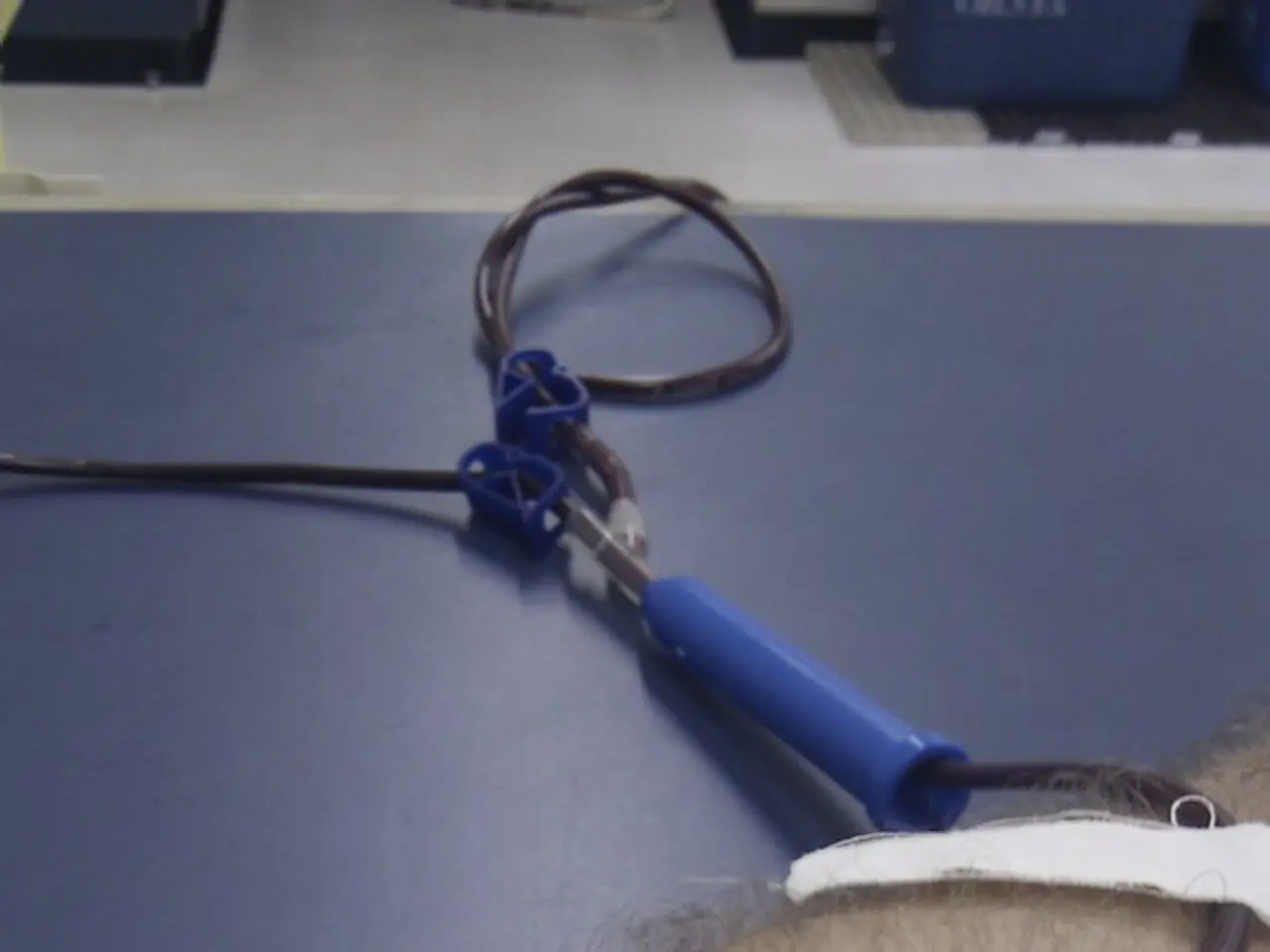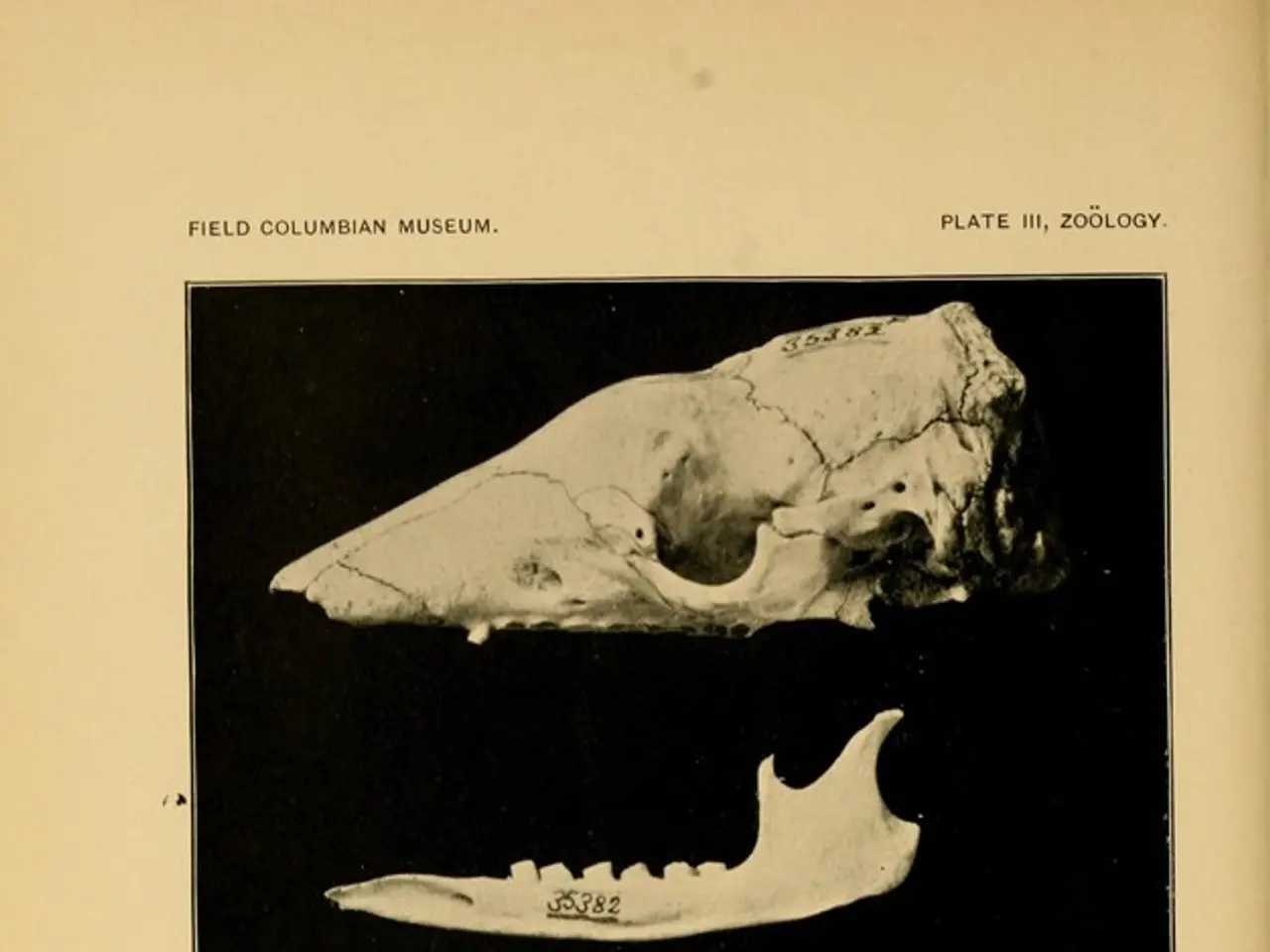Vaccination against shingles potentially decreases the risk of heart disease by up to eight years.
Shingles Vaccine: More Than Meets the Eye
Vaccines aren't just about preventing certain diseases - they may provide additional benefits, as proven by the shingles vaccine. Here's a lowdown on the surprising health perks of this vaccination that's open to adults aged 50 and over.
Previous studies have shown that the shingles vaccine isn't just shielding you from shingles - it might also lower your risk of cardiovascular events, such as heart failure, stroke, and coronary heart disease. Intriguingly, this protective benefit lasts for up to eight years following vaccination.
"Shingles, at its core, isn't only about infection," explains Sooji Lee, MD, a researcher from the Center for Digital Health at Kyung Hee University Medical Center in South Korea. "Past studies have suggested an association with chronic conditions like cardiovascular diseases, pointing towards a potential connection between infections and chronic conditions. That's why further investigation into the broader impact of shingles vaccination is crucial," she adds.
In a groundbreaking study published in the European Heart Journal, Lee and her team discovered that participants who received the shingles vaccine had a 23% lower risk of encountering any cardiovascular events, a whopping 26% lower risk for major cardiovascular incidents, and a diminished risk for heart failure by 26% and coronary heart disease by 22%.
"The observation that vaccination reduced cardiovascular risk, even in a generally healthy group, underscores the potential preventive role of shingles vaccination against heart disease," explains Lee.
But, why does the vaccine produce these heart-health improvements? The answer is simple: shingles can cause inflammation in blood vessels, potentially leading to cardiovascular events. By preventing the shingles infection, the vaccine likely curbs this inflammatory response, thereby lowering the risk of heart disease.
The study indicates that the cardiovascular protective effects of the shingles vaccine persist for at least eight years, with the most substantial benefits evident in the initial two to three years following the vaccination. And here's the kicker - recombinant shingles vaccines, which have been increasingly adopted and shown higher effectiveness, are now up for investigation to assess their impact on cardiovascular outcomes.
As research in the field is constantly evolving, it's essential to keep a close eye on new findings to ensure timely updates and recommendations for the shingles vaccination.
- The shingles vaccine, in addition to preventing shingles, may also lower your risk of other heart diseases, such as heart failure, stroke, and coronary heart disease.
- Studies have shown that the protective benefit of the shingles vaccine against cardiovascular events can last for up to eight years after vaccination.
- Researchers suggest that there might be a connection between infections like shingles and chronic conditions, such as cardiovascular diseases, and further investigation into the broader impact of shingles vaccination is crucial.
- In a recent study, participants who received the shingles vaccine had a 23% lower risk of experiencing any cardiovascular events, a 26% lower risk for major cardiovascular incidents, and a decreased risk for heart failure by 26% and coronary heart disease by 22%.
- By preventing the shingles infection, the vaccine likely curbs the inflammatory response in blood vessels that could potentially lead to cardiovascular events, thereby lowering the risk of heart disease.
- As new research on the shingles vaccine continues to evolve, it is essential to keep up with the findings for timely updates and recommendations, especially in regard to the impact of recombinant shingles vaccines on cardiovascular outcomes.








